In many ways, Juba tells the story of South Sudan. It’s the youngest Capital City in the world. One of the fastest growing cities, an emerging tourist destination with a rich cultural heritage and a vibrant atmosphere. Despite its turbulent history, Juba offers visitors a unique blend of modern development and traditional African charm. The country broke away from Sudan in July 2011, after a period of autonomy that started at the end of the second Sudanese civil war (1983-2005). By then, Juba was a small garrison town
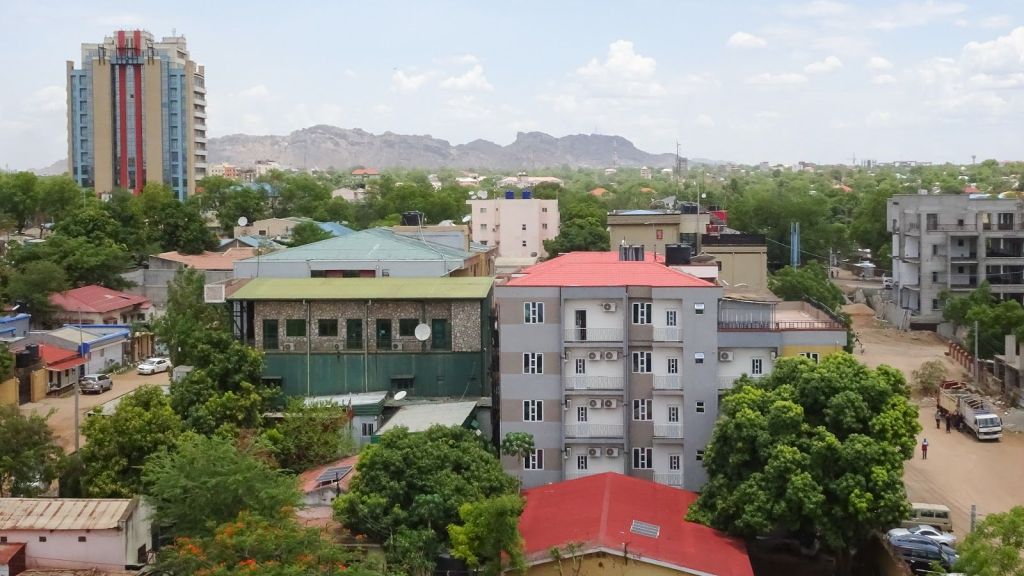
Visa application
The new e-visa system guarantees fast and secure entry into South Sudan. After your visa application is approved. Present your visa to the VISA officer at the port of entry. The officer will then verify the visa and check travel documents. It takes about 5 Minutes if there is no issue with your application or documents, the officer will stamp your passport with a visa. Welcome to South Sudan.

Healthcare
Juba Teaching Hospital is a 580-bed facility located in Juba City, it is the only referral hospital in the whole country of South Sudan. With lack of proper functioning primary health care facilities upcountry, many South Sudanese have nowhere to go to but this national referral hospital.
In the event of a serious illness medical issues require medical evacuation to neighbouring hubs i.e Nairobi or Kampala. For vistors make sure you have adequate travel health insurance and accessible funds to cover the cost of any treatment abroad, medical evacuation and repatriation.
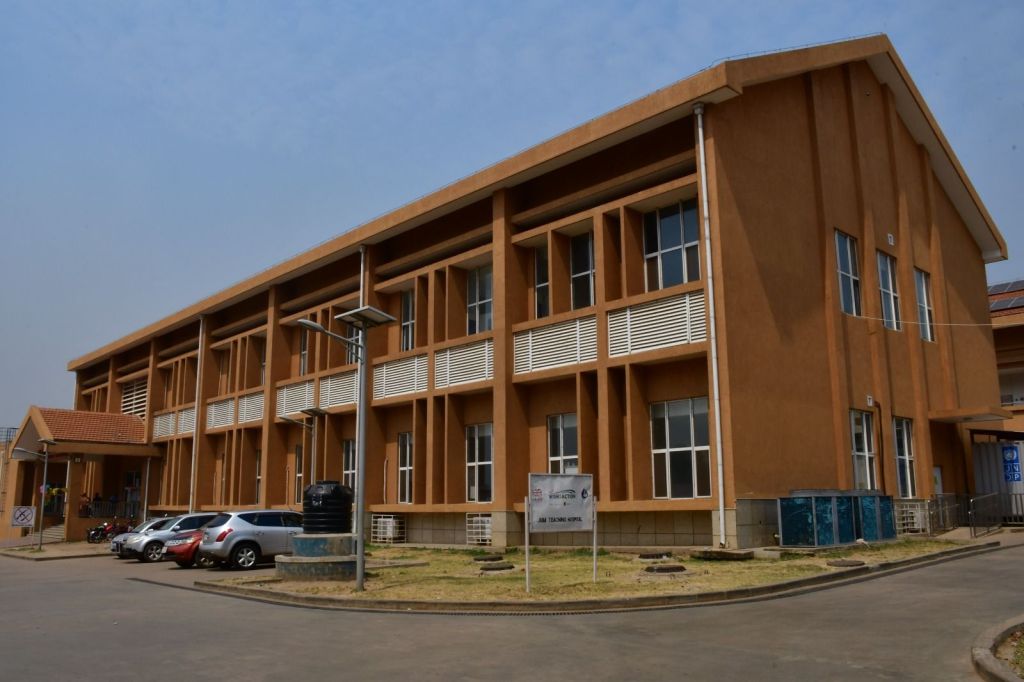
Hotels And Lodging
If you’re looking for the best hotels in Juba, book no online through Agoda, booking.com, hotels.com,etc. With a wide range of options to choose from, including the Crown Hotel Juba, Pyramid Continental Hotel, Quality Hotel Juba, Imperial Plaza Hotel & Resort. Juba by Tele Hospitality, and Panorama Sarovar Portico Juba has something for every budget and preference.
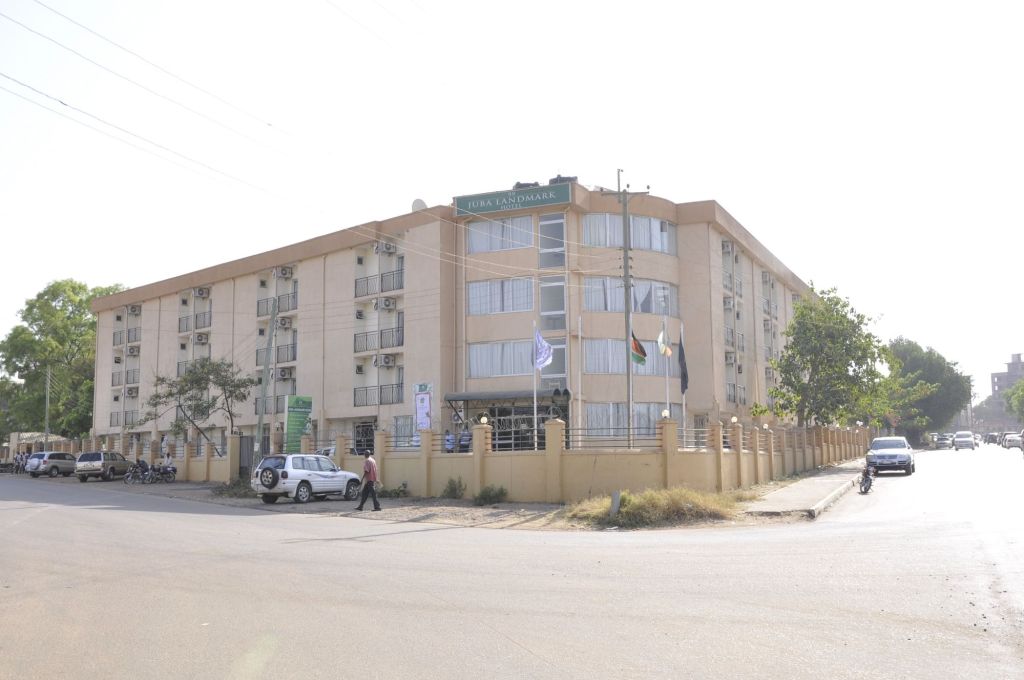
What to Eat in Juba
Juba is a food lover’s paradise, with a wide range of delicious dishes to try. One of the most popular local dishes is called “asida,” which is a type of porridge made from sorghum flour. Asida is often served with a variety of stews and sauces, including peanut sauce, tomato sauce, and okra sauce. Another must-try dish in Juba is “kisra,” which is a type of flatbread made from sorghum flour. Kisra is often served with a variety of stews and sauces, and is a staple of the South Sudanese diet. For those looking for something a bit more familiar, there are also plenty of international restaurants in Juba, serving everything from pizza to sushi.
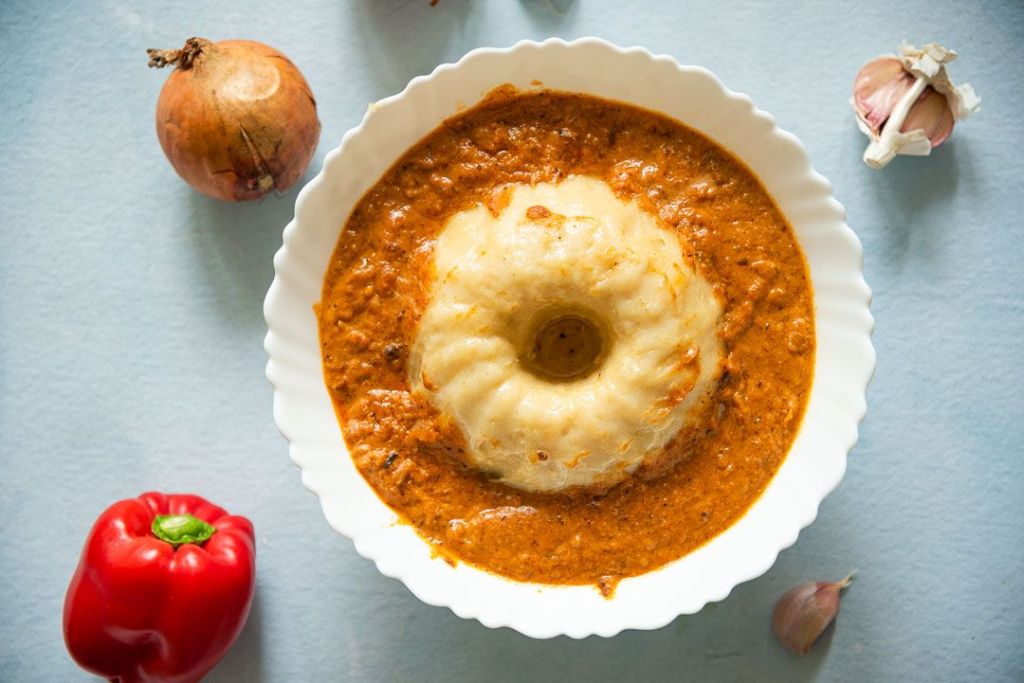
Transportation
Public transport options are limited, but minibuses and shared taxis are popular among locals and provide an affordable way to get around. These minibuses often follow set routes, making them a convenient choice for short distances. However, it’s essential to be aware of the local customs when using public transport. Always check with locals or your hotel staff for guidance on routes and fares to ensure you are well-informed. Taxis are another viable option for getting around Juba. They can be hailed on the street or booked through your hotel. When using taxis, agree on the fare before starting your journey to avoid any misunderstandings.
For flights The primary international airport serving South Sudan is Juba international airport. The airport is located some 5 km northeast of the city’s central business district, on the western banks of the White Nile. It is served by Ethiopia airlines, Kenya airways, Flydubai, Turkish airlines, Egyptair, Uganda airlines, African express airlines, etc
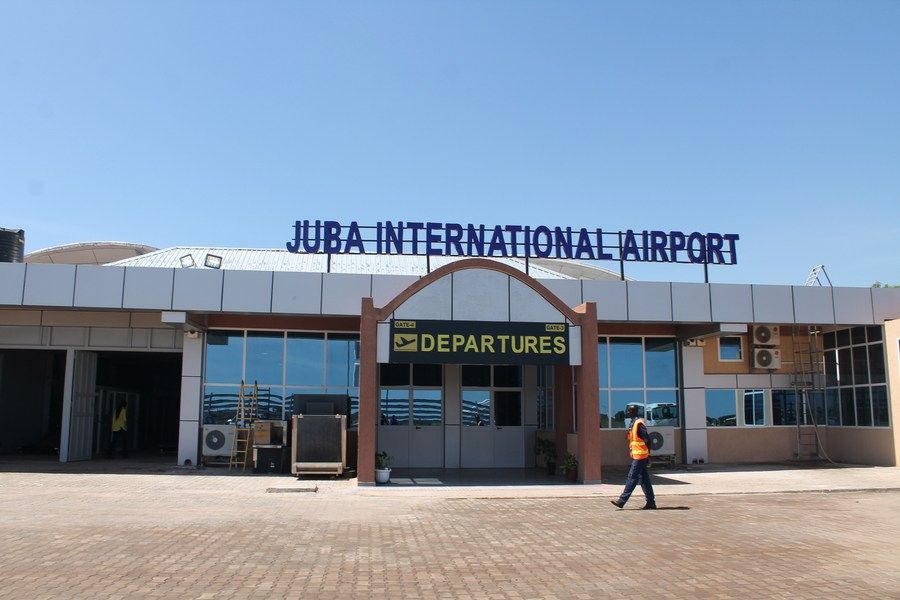
There are daily cross border buses to Kampala, Uganda and Nairobi, Kenya. The route is operated by Bebeto coaches, Trinity coaches and Ecobus. Their are both luxury coaches with comfortable spacious seats, usb charging ports, entertainment, great customer service, etc. The vip service by bebeto coaches includes drinks and snacks served on board and a toilet on board.

Attractions in Juba
The Juba National Museum – Located in the heart of the city, the museum offers visitors a unique opportunity to learn about the rich cultural heritage and history of the country. It showcases a vast collection of artifacts, artworks, and historical objects that highlight the different cultural groups and their traditions in South Sudan.
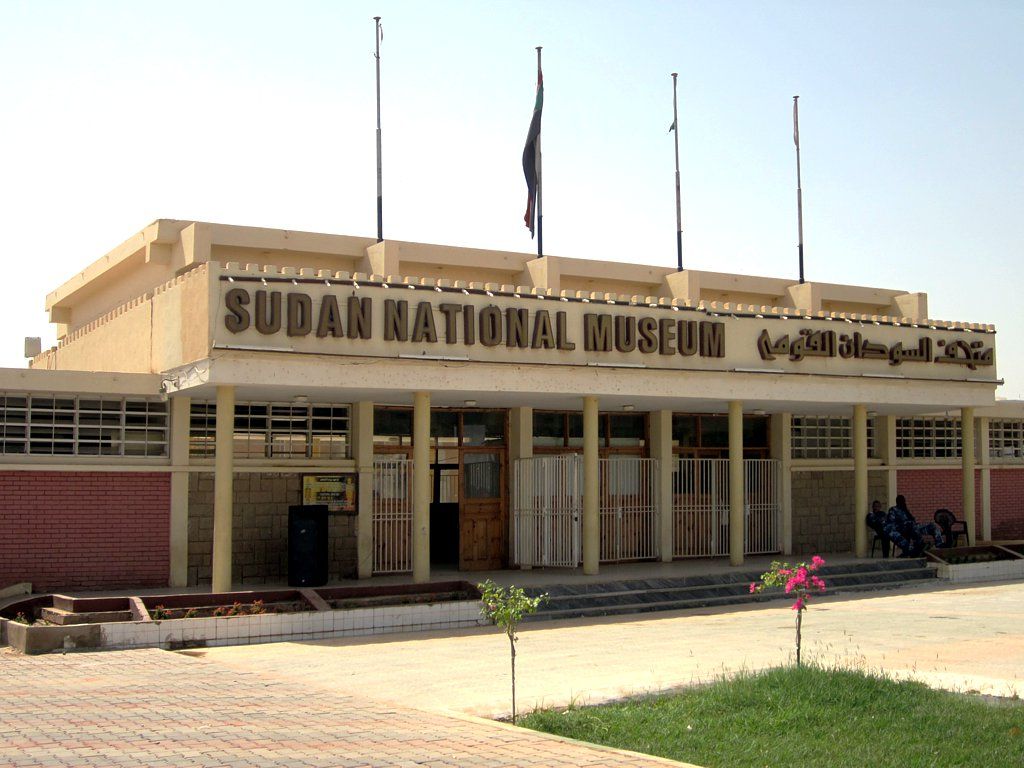
John Garang Memorial – It is a significant site that honors the legacy of Dr. John Garang de Mabior, the founding father of the nation. The memorial is a must-visit for history enthusiasts and those interested in the country’s turbulent past.
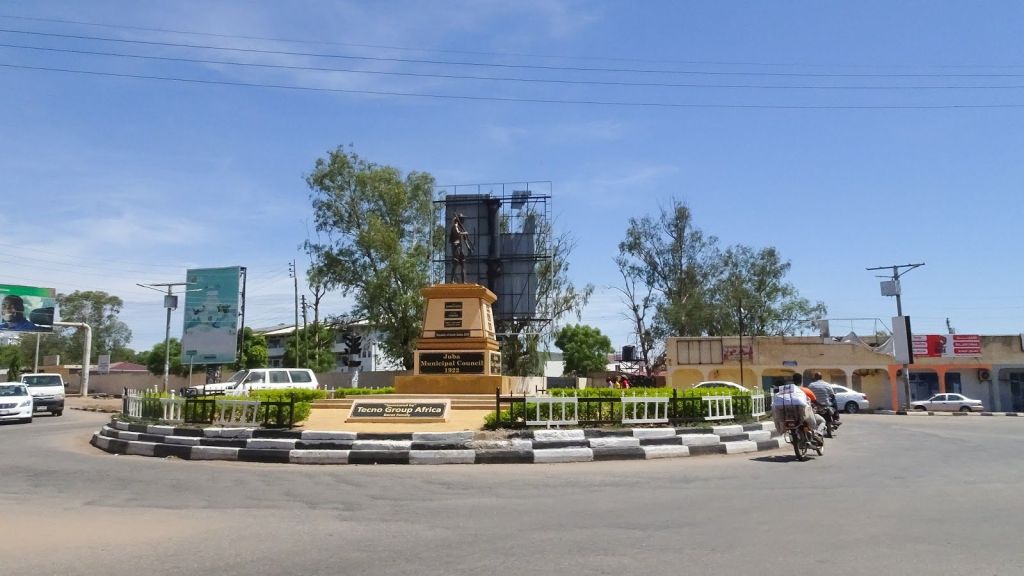
Dr. John Garang Mausoleum – Situated on the banks of the White Nile River, the mausoleum is a symbol of South Sudan’s struggle for independence and the legacy of Dr. John Garang. The complex features a grand memorial hall and a towering statue of Dr. Garang, overlooking the serene surroundings.
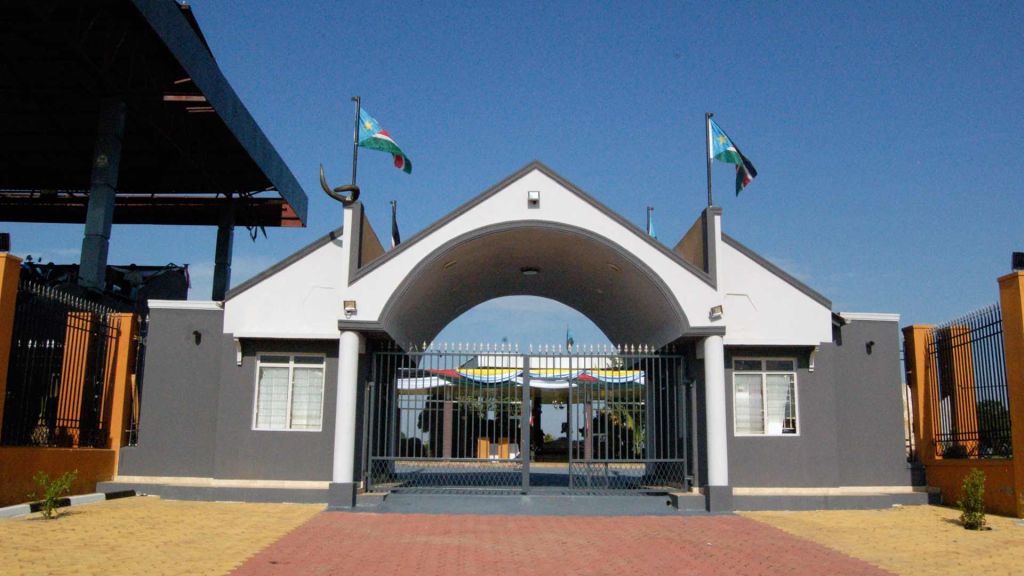
St. Joseph’s Catholic Cathedral – This impressive cathedral not only holds great religious significance but also showcases beautiful architecture that attracts tourists from around the world. Built in the early 20th century, St. Joseph’s Catholic Cathedral stands as a symbol of resilience and faith for the local Catholic community.

Konyo Konyo Market – This bustling market is a vibrant hub of activity and a must-visit for travelers looking to experience the local culture and get a taste of authentic South Sudanese life. One of the largest markets in the country, Konyo Konyo is a treasure trove of goods, ranging from fresh produce, traditional crafts, and clothing, to household items and electronics.
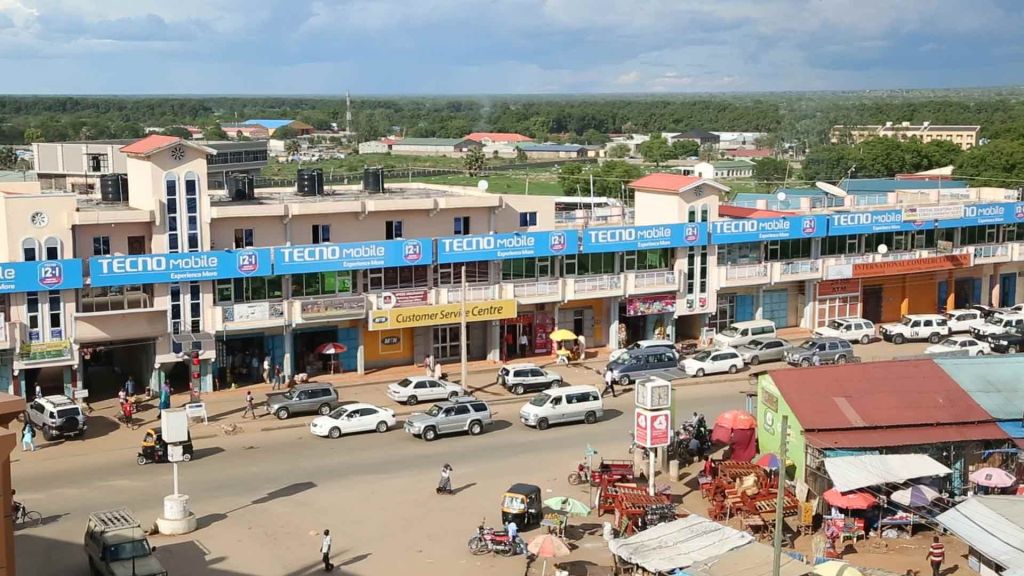
Nile Street – The street stretches along the banks of the majestic Nile River, providing stunning views and a serene atmosphere. One of the main attractions on Nile Street is the Konyo Konyo Market, a bustling traditional market where locals sell a variety of local hand made crafts.
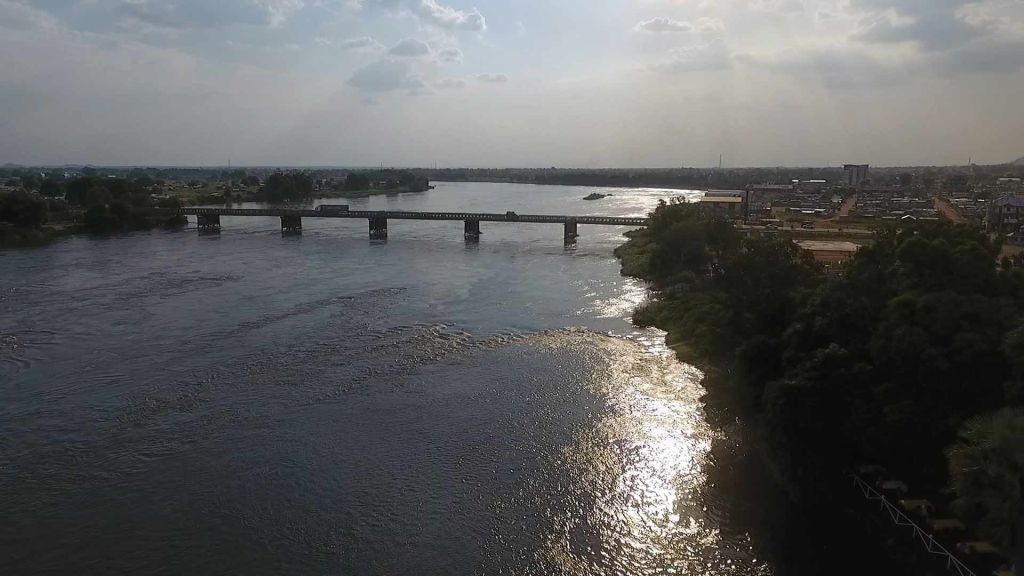
Jebel Kujur – , also known as Kujur Hill, is one of the top attractions in Juba, South Sudan. It is a beautiful and serene hill located just outside the city, offering breathtaking panoramic views of the surrounding landscape. The hill is known for its natural beauty, with lush greenery, rocky outcrops, and diverse flora and fauna. It provides visitors with a peaceful escape from the hustle and bustle of the city, making it an ideal spot for nature lovers and hikers. Hiking to the top of Jebel Kujur is a popular activity, allowing visitors to enjoy stunning views of Juba and the nearby River Nile. The climb is relatively easy, making it suitable for both beginners and experienced hikers. At the summit, be sure to take in the stunning vistas and capture memorable photos of the sprawling cityscape and the picturesque Nile River. Don’t forget to pack a picnic and enjoy a relaxing meal amidst the tranquil surroundings.
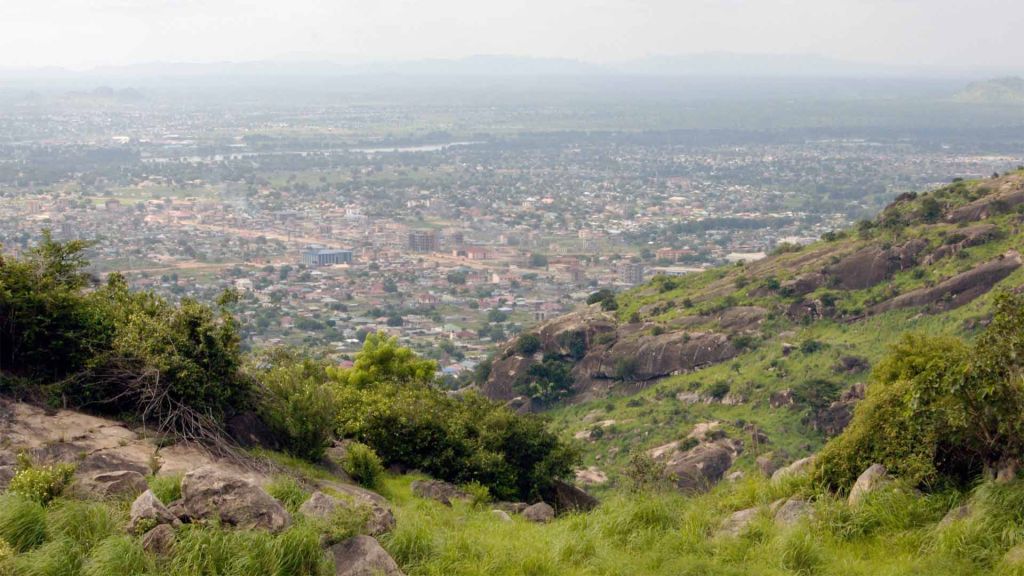
Juba Stadium – This multi-purpose stadium serves as a venue for various sporting events, concerts, and cultural celebrations. Juba Stadium, with a seating capacity of around 7,000, is the largest stadium in South Sudan and has become an iconic landmark in the city.
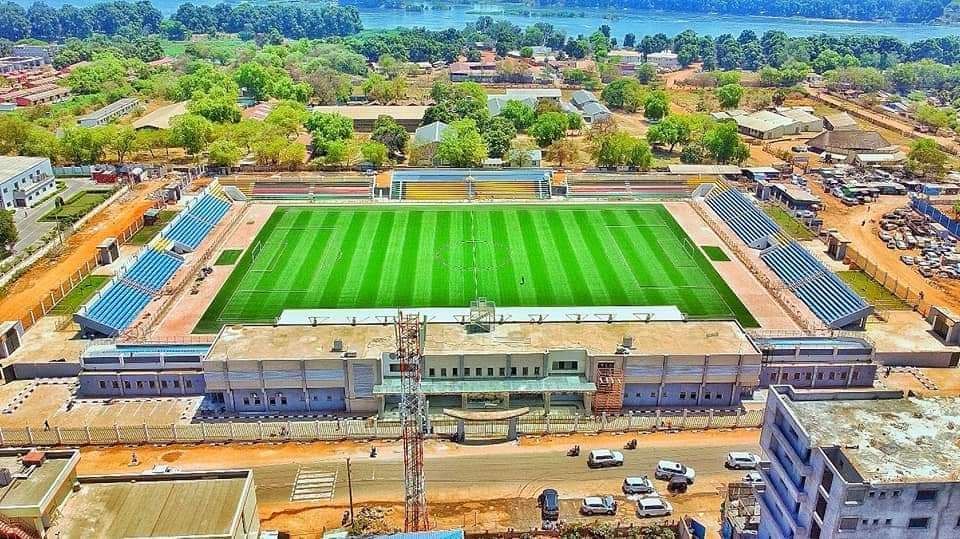
Therefore Juba should be visited, not only because it is an obligatory stop on the way to discovering the country’s fascinating Tribes, the richest in ancestral traditions and identities, etc
Important notes
- Be aware that photography in public is strictly controlled, and you are required to obtain authorization from the Ministry of Information before taking any photographs or video in public.
- To enter South Sudan, your passport must have an ‘expiry date’ at least 6 months after the day you arrive and have at least 2 blank pages.
- Apply for your South Sudan visa online
- You must register at a local police station if you’re in South Sudan for 5 days or more
- To enter South Sudan, you must have a certificate to prove you’ve had a yellow fever vaccination.
- Checkpoints operated by soldiers or other armed men are common in and around Juba, particularly after dark. it advisable not to travel after dark.
- International credit and debit cards are not widely accepted, although some of the newer hotels and supermarkets are starting to.
1 Comment